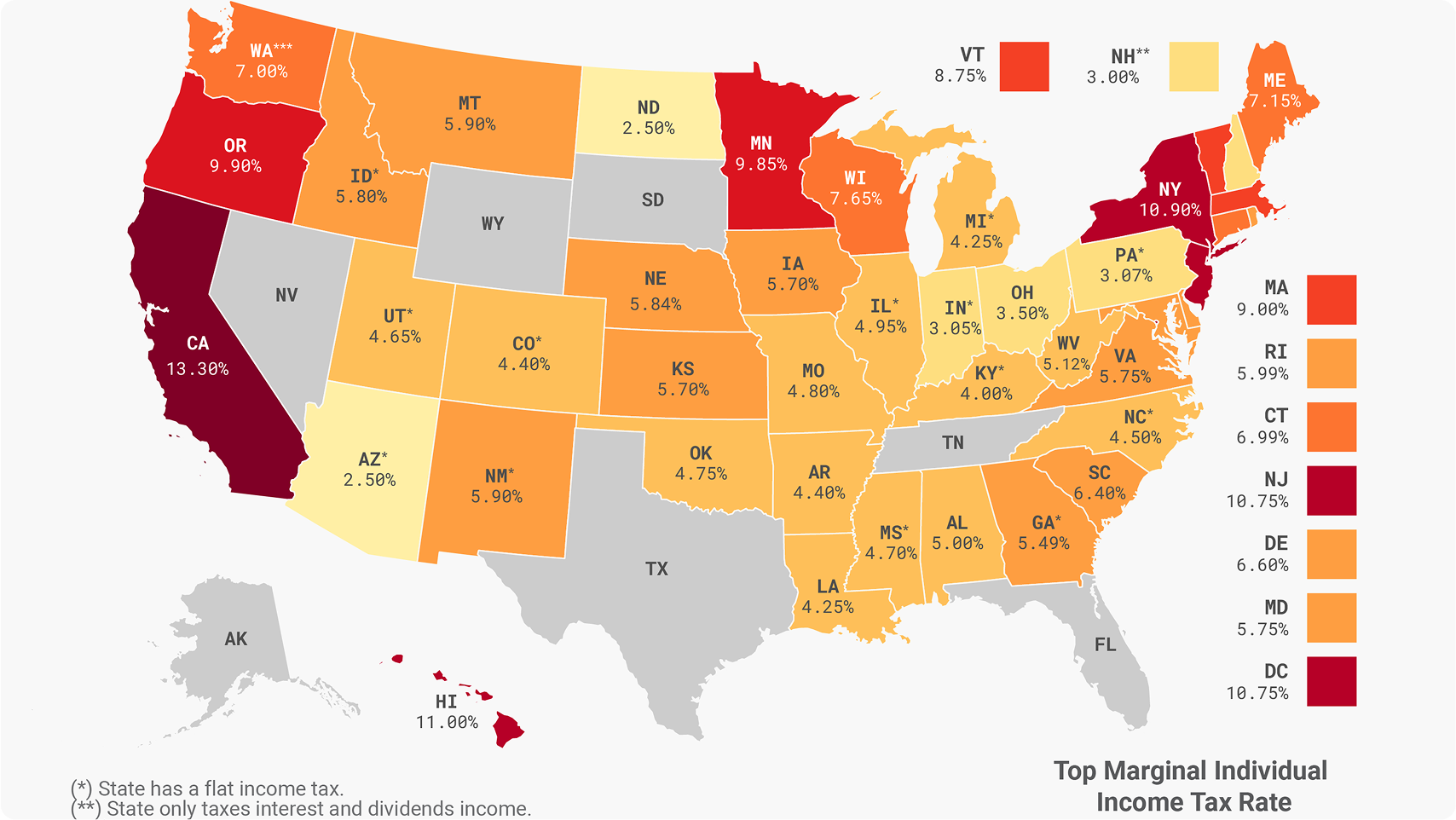The thought of an IRS audit can be stressful, but the reality is that most taxpayers have a very low chance of being audited. The IRS primarily targets high-income earners and suspicious tax returns for closer scrutiny.
Who Is Most Likely to Get Audited?
- High-Income Earners ($400,000+): The IRS is increasing audits for individuals earning over $400,000.
- Ultra-Wealthy Individuals ($10M+): The highest audit rate applies to those earning $10 million or more, at 2.4%.
- Earned Income Tax Credit (EITC) Filers: Those claiming the EITC face higher audit rates due to potential errors or fraud.
Why Are EITC Filers Audited More?
The Earned Income Tax Credit (EITC) is designed to help low- and moderate-income taxpayers, but it’s also a common source of incorrect claims. The IRS may flag returns for reasons like:
- Claiming a child who doesn’t qualify.
- Misreporting income levels.
- Failing to provide required documentation.
How Does the IRS Conduct Audits?
Most IRS audits do not involve in-person visits. The agency relies on correspondence audits, where taxpayers are asked to mail or upload supporting documents.
- In-person audits are typically reserved for high-income taxpayers or cases involving suspected fraud.
Are Audits Increasing?
Surprisingly, IRS audit rates have declined over the past decade due to staffing shortages:
- In 2014, the IRS audited 9.4% of tax returns for individuals earning $10 million+.
- In 2020, the audit rate dropped to 2.4%.
- Middle-class taxpayers now face an audit rate of less than 0.2%.
However, with additional funding from the Inflation Reduction Act of 2022, the IRS is hiring more agents and increasing audits for wealthy taxpayers.
What Triggers an IRS Audit?
The IRS uses automated systems and data matching to flag suspicious tax returns. Common audit triggers include:
- Unreported income (e.g., forgetting a 1099 form).
- Excessive deductions (e.g., unusually high business expenses).
- Large charitable donations that seem inconsistent with income.
- Claiming business losses for multiple years.
- Failure to report cryptocurrency transactions.
How to Reduce Your Audit Risk
- Report All Income – Ensure that W-2s, 1099s, and other earnings are accurately reported.
- Keep Good Records – Maintain receipts and documentation for deductions.
- Avoid Rounding Numbers – Use exact amounts instead of estimates.
- File on Time – Late filings may increase scrutiny.
Conclusion
Most taxpayers have little reason to fear an IRS audit. The odds of being audited are low, especially for middle-class earners. However, staying compliant by accurately reporting income and deductions is the best way to avoid unwanted IRS attention.




























